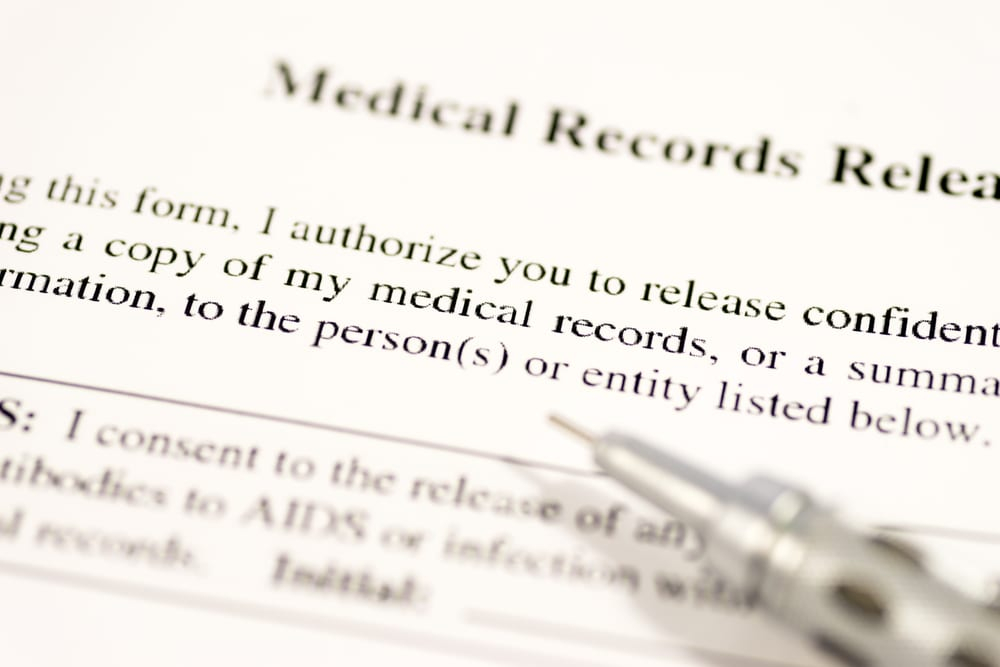
@ShahidNShah


Health information management teams everywhere are constantly doing more, but somehow it always feels like playing catch up.Notably, between 30 and 47 percent of U.S. hospitals still rely on fax or mail to send and receive patient records. Only 40 percent of hospitals electronically integrate data from other hospitals outside of their system and only a distressing 30 percent of skilled nursing facilities exchange data outside of their walls.That adds up to a lot of additional work for staff chasing down medical records, valuable time wasted for providers who don’t have complete medical histories, and frustration for patients as they must wait for what feels like endless additional days or even weeks while critical appointments are delayed waiting on medical records.While many healthcare systems have moved away from mail, phone, and fax for medical records transfer, it’s clear that not enough have taken advantage of available technologies to maximize healthcare interoperability.
A major comprehensive cancer center located in Virginia serves a substantial population of cancer patients needing complex treatment plans and requiring ongoing monitoring and management. To help enhance patient care and improve health outcomes, the cancer center brought in additional oncology specialists and expanded into satellite clinics.The challenge: the center required the highest level of safety, accuracy, and security when updating and processing patient records, but also needed to improve and standardize medical records requests across the hospital system.
Continue reading at healthcareittoday.com
At one point, Cleveland-based University Hospitals was running as many as 36 different systems to support critical functions, including billing, prescriptions and scheduling.Finally, in the fall of …
Connecting innovation decision makers to authoritative information, institutions, people and insights.
Medigy accurately delivers healthcare and technology information, news and insight from around the world.
Medigy surfaces the world's best crowdsourced health tech offerings with social interactions and peer reviews.
© 2025 Netspective Foundation, Inc. All Rights Reserved.
Built on Apr 29, 2025 at 12:52pm